It is claimed that the Cinema of Iran began with a film of the coronation of king Muzaffar al-Din Shah in 1896 photographed by Rusi Khan and the first cinema (movie theater) of Iran was open in Tabriz only 5 years later. Until 1930, the Iranain cinemas showed western movies that sometimes had Persian subtitles. In 1930, the first Iranian feature film called Abi and Rabi was made and later in 1940s, with the emergence of Iranian film companies, cinema became more popular among the people of this country. Cinema of Iran first came under international attention for its pre-revolutionary art cinema known as the Iranian New Wave and more widely for its post-revolutionary cinematic movement called the New Iranian Cinema.
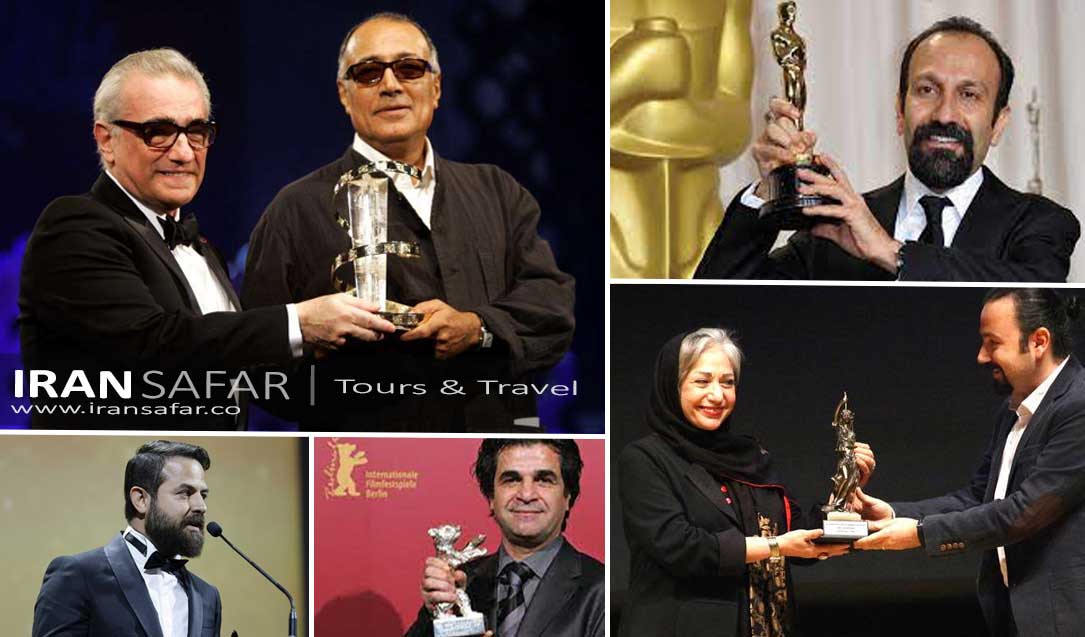 Iranian Award Winning Filmmakers
Iranian Award Winning Filmmakers
History of the Iranian Cinema
It is claimed that the Cinema of Iran began with a film of the coronation of king Muzaffar al-Din Shah in 1896 photographed by Rusi Khan. However there is no evidence to substantiate the claim. But it is certain that the king of Iran saw moving pictures during his state visit to Paris in 1900, liked them, ordered his official photographer to purchase motion picture equipment. Thus cinema became a diversion for royal court and well-to-do section of the society when it came to Iran (1900).
The early film making in Iran was often supported by the royalty of the time who were interested only in the entertainment value of the medium. Therefore, most of films of this period are news reels of activities, such as various royal and religious ceremonies which were mostly screened in the royal palace. One could see these newsreels at the homes of dignitaries during weddings, circumcision celebrations and birth ceremonies.
Iran Film Industry
In the decade of 1966-1976 of film-making in Iran, various factors provided the production of a large number of feature, documentary, and animated films as well the entrance of many young film-makers into the arena of film-making with fresh, new perceptions and approaches. Some of these factors are the establishment of film schools; National Iranian Television (NIT) in 1969, National Iranian Radio and Television (NIRT) 1972; numerous film festivals; film clubs, such as Kanun Film, Farabi Film Club, the Cinematheque of the Tehran Museum of Contemporary Arts and various film clubs at the universities; film production companies with government assistance, such as Tel Film, Film Industry Development Company of Iran (FIDCI), and the New Film Group; the emergence of foreign trained Iranian film-makers as a collective force which abandoned the traditional film formula, characters and situations; and a new generation of socially conscious writers.
The school of Television and Cinema was established in Tehran in 1969. It was fully financed and supported by the government of Iran through the NIRT (National Iranian Radio and Television). After passing the entrance exam, the students went through a technical training period of two years along with their regular courses of study which related one way or another to film-making. All expenses were paid by the government including the use of film equipment, raw stock, processing, animation materials, and the student’s housing and board costs, plus a stipend of about $300 a month. In return, students were required to work for the government after their graduation for a period of five years as a camera-person, sound recordist, etc., usually at NIRT in Tehran or its branches in the other cities.
Following the Islamic revolution of 1979 and the establishment of the Islamic Republic, many predicted that new restrictions would kill off Iran’s cinema. But Iranian film industry has survived, undergoing remarkable transformations in parallel with the wider changes in Iranian culture and society. Today, Iranian cinema is recognized as one of the most innovative and exciting in the world, and films from Iranian directors are being screened to increasing acclaim at international festivals. The key to resolving the apparent contradiction between Iran’s repressive image and the renaissance of Iranian cinema is to understand the relationship that developed between art, society and the state after the Islamic revolution.
It is considered a turning point in Iran’s cinema. Before this point, Iranian films were highly influenced by classical Persian theater and focused on melodrama, but the new movement brought social realism to Iranian cinema with controversial topics, innovative techniques, and showing various aspects of life and modernity in the 1960s. It was a period of transition from classical films to an intelligent type of film making when Iranian cinema was brought onto the international scene for the first time. The films were well received in the major European film festivals, however, some were banned in their home country due to their critical portrayal of society.
Best Iranian Filmmakers
Here is a list of top 10 Iranian directors:
1
Asghar Farhadi
Asghar Farhadi, born on 07 May 1972, is one of the greatest Iranian directors, screenwriters and producers of Iranian films. Many awards can be seen in his long list of domestic and international awards.
Oscar Award: Asghar Farhadi won the best foreign language film award in 2011 for directing A separation and in 2016 for directing the film Salesman. He was also nominated for the best non-adapted screenplay (original) award for directing “A separation”. He lost this award to the movie Midnight in Paris directed by Woody Allen.
Berlin Festival: In 2009 and 2011, the films About Eli and A separation received the Golden Bear and Silver Bear respectively. Also, the film about Ellie was nominated for the Golden Bear Award in 2009 and lost to the film The Milk of Sorrow directed by Claudia Llosa.
Cannes Film Festival: In 2016, the film The Salesman won the Best Screenplay Award at the Cannes Film Festival. Also, the movie Hero of 2021 has won the grand prize of the jury.
Golden Globe: The film “A Separation” by Simin has won the award for the best non-English screenplay of 2016.
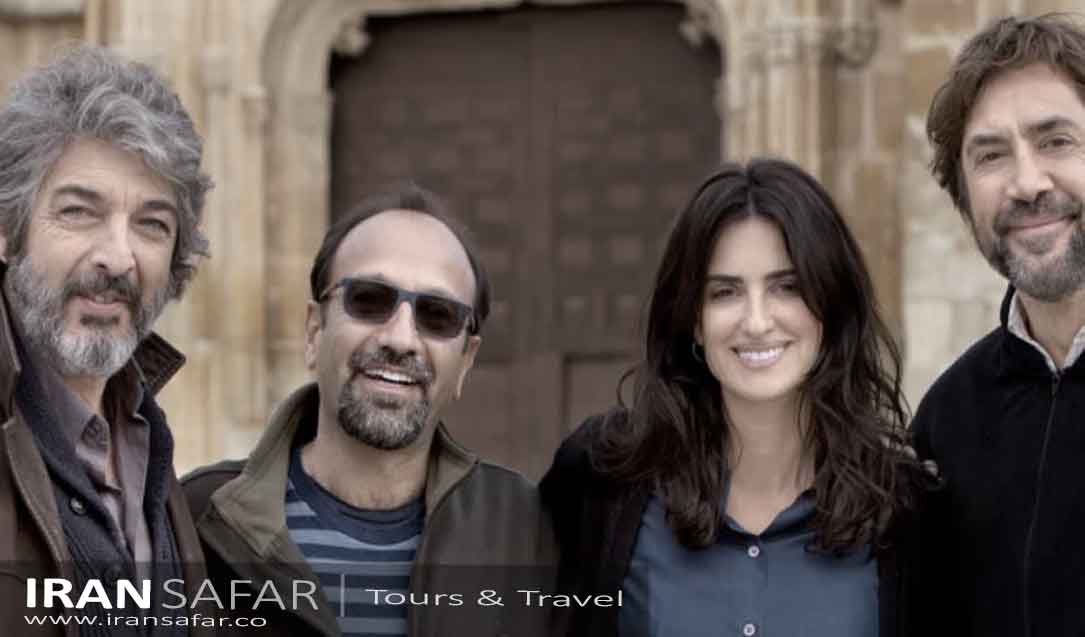 Everybody Knows (2018) by Asghar Farhadi, starring Javier Bardem, Penelope Cruz and Ricardo Darin
Everybody Knows (2018) by Asghar Farhadi, starring Javier Bardem, Penelope Cruz and Ricardo Darin
2
Abbas Kiarostmi
The late Abbas Kiarostami, born on 22 June 1940 is one of the top Iranian directors on our list. Abbas Kiarostami was a director, screenwriter, editor, photographer, producer, graphic artist, art director, writer and painter, and there was almost no art that did not come from his capable hands. He died on 04 July 2016.
Kiarostami attained critical acclaim for directing the Koker trilogy (1987–1994), Close-Up (1990), The Wind Will Carry Us (1999), and Taste of Cherry (1997), which was awarded the Palme d’Or at the Cannes Film Festival that year. In later works, Certified Copy (2010) and Like Someone in Love (2012), he filmed for the first time outside Iran: in Italy and Japan, respectively. His films Where Is the Friend’s Home? (1987), Close-Up, and The Wind Will Carry Us were ranked among the 100 best foreign films in a 2018 critics’ poll by BBC Culture. Close-Up was also ranked one of the 50 greatest movies of all time in the famous decennial Sight & Sound poll conducted in 2012.
3
Majid Majidi
Another person in the list of the best Iranian director is Majid Majidi. He was born on 17 April 1959 and started his film career as an actor. He is a director, screenwriter and actor. His outstanding movie is Children of Heaven.
Majidi has directed several films of which the most notable ones are: Baduk (1992), The Father (1996), Children of Heaven (1997), The Color of Paradise (2000), Baran (2001), and The Willow Tree (2005), The Song of Sparrows (2008).
Majid Majidi was one of five international film directors invited by the Beijing government to create a documentary short film to introduce the city of Beijing, in preparation for the 2008 Summer Olympics which was held in the Chinese capital; the project was titled “Vision Beijing”
4
Bahman Ghobadi
Born in 1969 in Bané, Iranian Kurdistan, Bahman Ghobadi is an an Iranian well-known filmmaker. During his studies, he works in radio before joining in Sanandaj a group of young amateur filmmakers. He then moves to Teheran to begin studying film.
Bahman Ghobadi founded Mij Film in 2000; a company with the aim of production of films focused on Iran ethnic groups.
After making several successful short films, Ghobadi continued his work by making the film A Time for Drunken Horses (2000), which is considered the first Kurdish feature film in the history of Iranian cinema. After receiving several international awards, it did not take long for him to attract the attention of the world community as one of the pioneers of Kurdish cinema.
This movie and other movies made by him including; Half Moon (2004) and Turtles can fly (2006) were well received in various festivals around the world and won dozens of awards. But unfortunately, he was less seen in his country. In 2009, Ghobadi filmed the movie No One Knows About Persian Cats without official permission and under very limited conditions; This semi-documentary was about underground music in Tehran, and after that, he was forced to leave Iran and continue his work abroad.
5
Jafar Panahi
After a few years of making short films and working as an assistant director for Iranian director Abbas Kiarostami, Panahi achieved international recognition with his feature film debut, The White Balloon (1995). The film won the Caméra d’Or at the 1995 Cannes Film Festival, the first major award an Iranian film won at Cannes.
Jafar Panahi makes films in the style of neorealism and tries to create a direct relationship with society in his works. For this reason, in most of his works, he has clearly shown the problems caused by unemployment, misery, poverty, corruption and injustice of the society.
With his brilliant films, in 2013, he won the Berlin international film festival’s Silver Bear for his screenplay. In 2014, Jafar Panahi was able to win the Asia Pacific Award for his screenplay Flower. Also, in 2015, he won the Golden Bear at the Berlin Film Festival, and in 2018, his film Three Faces won the best screenplay at the Cannes Film Festival.
Top 10 Iranian Movies
The Salesman (2016)
Rana and Emad, a young couple who are performing a play based on the Death of a Salesman written by Arthur Miller. They are forced to leave their apartment due to the subsidence of the ground. They rent a new apartment from a friend named Babak and they move furniture to a house where a woman of ill repute used to live. At first everything goes well, but the subsequent events end in an uncontrollable crisis.
Director: Asghar Farhadi
Stars: Shahab Hosseini, Taraneh Alidousti
A Separation (2011)
A married couple are faced with a difficult decision – to improve the life of their child by moving to another country or to stay in Iran and look after a deteriorating parent who has Alzheimer’s disease. (123 mins.)
Director: Asghar Farhadi
Stars: Peyman Moadi, Leila Hatami, Sareh Bayat, Shahab Hosseini
Hamoun (1990)
Hamoon’s wife is leaving him. He is also trying to finish his Ph.D. thesis. He is forced to reexamine his life… (120 mins.)
Director: Dariush Mehrjui
Stars: Ezzatolah Entezami, Bita Farahi, Sedigheh Kianfar, Turan Mehrzad
Taste of Cherry (1997)
An Iranian man drives his truck in search of someone who will quietly bury him under a cherry tree after he commits suicide. (95 mins.)
Director: Abbas Kiarostami
Stars: Homayoun Ershadi, Abdolrahman Bagheri, Afshin Khorshid Bakhtiari, Safar Ali Moradi
The Cow (1969)
The whole village knows that Mashti Hassan loves his cow to death. One day he goes to Tehran. His cow dies. The villagers are afraid of what might happen once Hassan finds out his cow is dead. (105 mins.)
Director: Dariush Mehrjui
Stars: Ezzatolah Entezami, Mahin Shahabi, Ali Nassirian, Jamshid Mashayekhi
About Elly (2009)
It’s a story about three Iranian families who are traveling to North of Iran in order that they can… (119 mins.)
Director: Asghar Farhadi
Stars: Golshifteh Farahani, Shahab Hosseini, Taraneh Alidoosti, Merila Zare’i
Children of Heaven (1997)
Zohre’s shoes are gone; her older brother Ali lost them. They are poor, there are no shoes for Zohre… (89 mins.)
Director: Majid Majidi
Stars: Mohammad Amir Naji, Amir Farrokh Hashemian, Bahare Seddiqi, Nafise Jafar-Mohammadi
The Color of Paradise (1999)
Mohammad, a boy at Tehran’s institute for the blind, waits for his dad to pick him up for summer vacation… (90 mins.)
Director: Majid Majidi
Stars: Hossein Mahjoub, Mohsen Ramezani, Salameh Feyzi, Farahnaz Safari
Boutique (2003)
A clothing store worker (Jahan) meets a poor girl named Eti. Jahan tries to help the girl and solve her problems, but… (113 mins.)
Director: Hamid Nematollah
Stars: Mohammad Reza Golzar, Golshifteh Farahani, Reza Rooygari, Ali Alaei
Border Café (2005)
“Cafe Transit” depicts an independent-minded widow who bucks tradition to run her dead husband’s truck stop cafe. (105 mins.)
Director: Kambuzia Partovi
Stars: Fereshteh Sadre Orafaiy, Parviz Parastui, Nikos Papadopoulos, Svieta Mikalishina

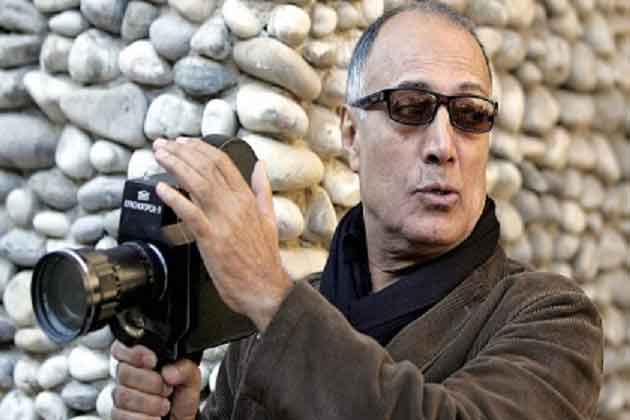
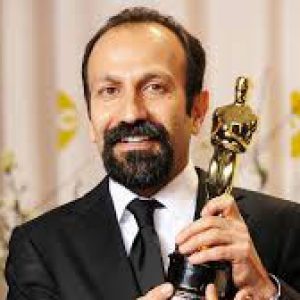



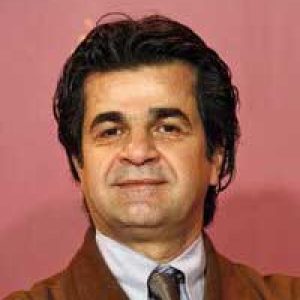
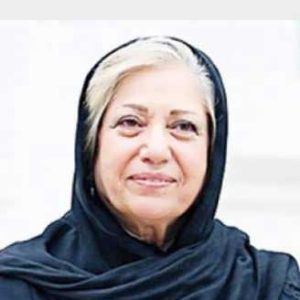

Comment (0)